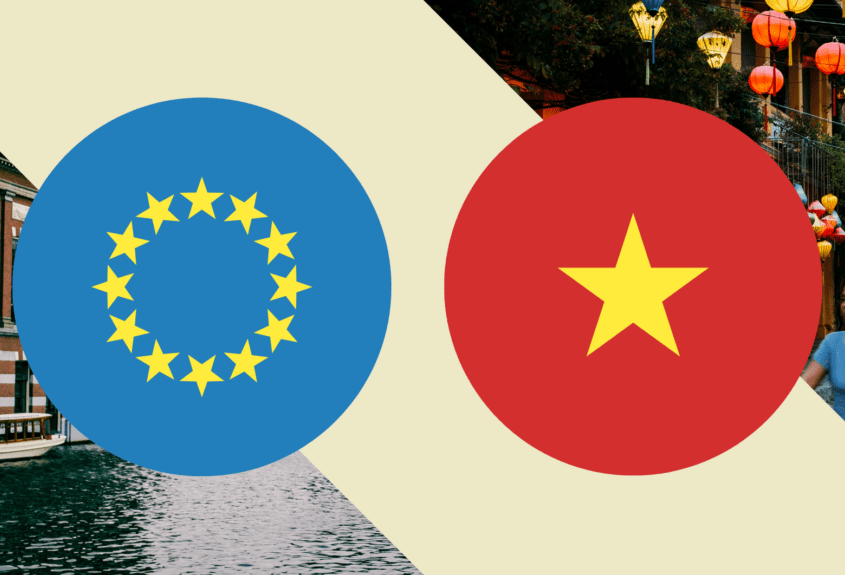The agreement will eliminate almost all import duties between the two parties within ten years. Do we have to wait that long to see any impact?
AG: As a result of this agreement, 65% of European goods exports to Vietnam are already duty-free. These include textiles, pharmaceuticals, chemicals and machinery. For a range of other products such as food, alcoholic beverages and cars, import tariffs will be gradually reduced over a period of 3 to 10 years in order to reach zero tariffs.
BV: This is a far-reaching liberalization for a middle-income country like Vietnam. The other way around, the EU has reduced its import duties to zero on 84% of all tariff lines since the introduction of this free trade agreement, a proportion that will reach 99% within 7 years.
Apart from lower import duties, what other benefits does the agreement offer?
AG: The agreement will ensure cooperation based on international standards and simplified customs procedures. It also includes important provisions on the protection of intellectual property rights, investment liberalization, better access for service companies and simplified access to public procurement. The EVFTA will help us convince more European companies to invest in Vietnam and promote Vietnamese companies on the European market.
Which sectors do you see benefiting most from improved market access?
AG: Vietnam’s growing middle class and higher disposable income will increase demand for imported products. We are already seeing investments from chains such as McDonald’s, Starbucks and Pizza Hut, and supply will undoubtedly increase further. The demand for safe food and organic products is also high.
The fish farming, agriculture and horticulture sectors offer opportunities to suppliers of automation, fertilisers, packaging and food machinery, but there is also a need for marketing and branding expertise so that their brands become better known worldwide.
In the textile, electronics and mechanical engineering sectors, there is a great deal of growth potential, e.g. for the supply of machinery for the production processes.
Finally, the issues caused by climate change (drought, floods, salinisation of the Mekong delta) pose a major challenge. A strong focus will be needed on sustainable road and port infrastructure, sustainable mobility, but also on waste processing, renewable energy, water purification and generally speaking, water and air quality technologies.
What can you do for Belgian and Vietnamese companies as Chambers of Commerce?
BV: Beluxcham has represented Belgian and Luxembourg companies in Vietnam since 2003 and as such raises the profile of the Belgian/Luxembourg business community here. We help our members to quickly expand their network through business events, networking events and company visits. We help newcomers through our newly launched Starters Kit by assisting them in their first search for suppliers. We support Belgian and Luxembourg trade missions to Vietnam and, through our excellent contacts with the Belgian embassy and regional trade representatives, we bring the political and business worlds together.
Thanks to the cooperation agreement with BVA, we can act as a 100% bilateral Chamber. Our Beluxcham/BVA duo is unique in the world, as it has a fully developed infrastructure in both Belgium/Luxembourg and Vietnam, which enables us to support each other. Belgian/Luxembourg companies in Vietnam and Vietnamese companies in Belgium/Luxembourg: we have the service and know-how in-house. We are each other’s mirror image.
AG: Our Chambers are a bridge between Vietnam and Belgium, and this at the highest level, with European and Vietnamese decision-makers. We are a reliable and respected partner, both in Belgium and in Vietnam, and we are recognized by the official authorities in both countries.
BVA assists its members in their search for suitable business partners, we assist them with translations and legal matters, we offer language courses and we organise specific seminars tailored to how to do business with Vietnam. Starting in the autumn – in function of the evolution of the covid-19 crisis, of course – we will organise a roadshow to bring the EVFTA closer to Belgian companies.




